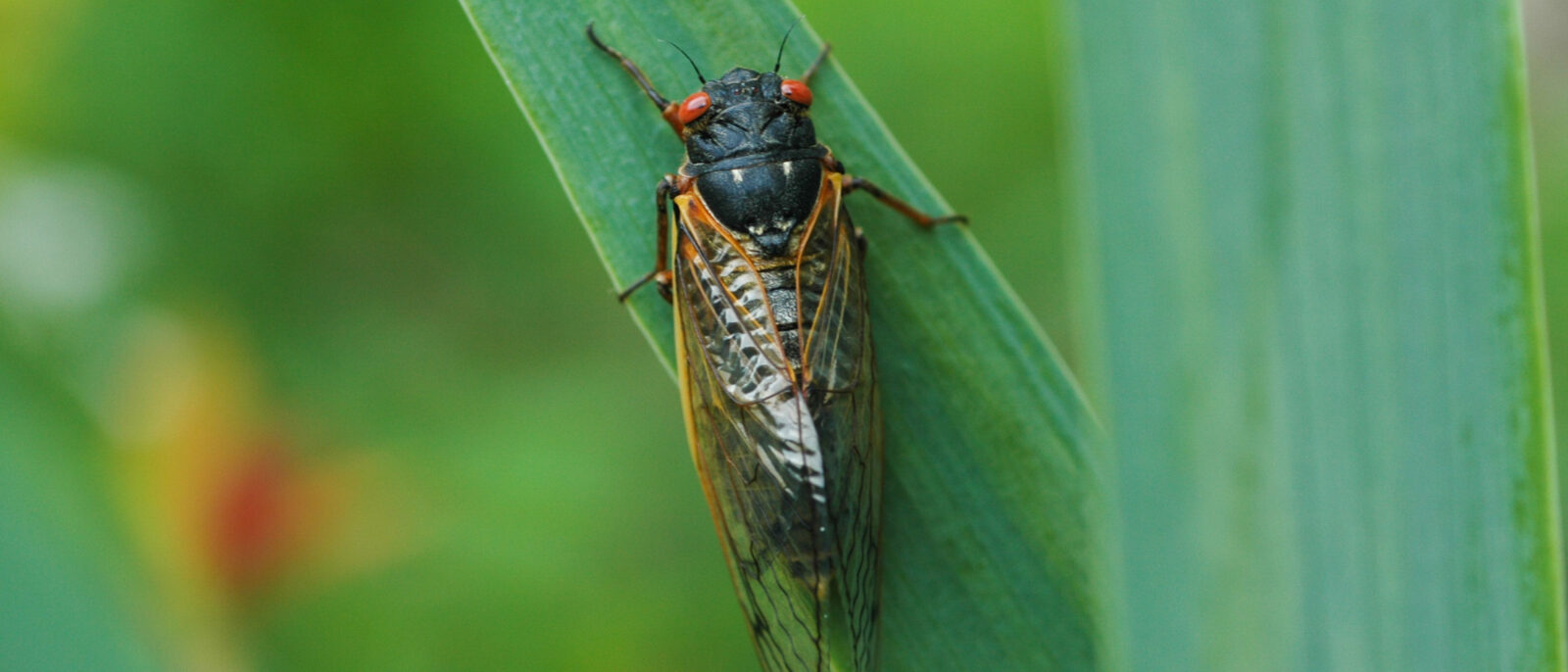Harrisburg University Integrative Sciences Professor Dr. Robert Furey recently weighed in on the arrival of cicadas to the Midwest, Southeast, and mid-Atlantic this spring with Mashable.com.
The expected Brood X of Cicadas will emerge when the ground temperature hits about 64 degrees Fahrenheit. The brood is a native species that doesn’t threaten humas. In fact, the cicadas provide quite the buffet for wildlife, Furey said.
“Birds snatch them up, mammals easily spot them, and insect predators consume their fill,” Furey said. “Every predator with a taste for cicada flesh takes advantage of the easy prey.”
As their time above ground begins to expire, cicadas lay eggs in tree branches. Six weeks after, nymphs emerge, fall to the soil, and burrow into the ground, where they stay for 17 years. Certain cicadas spend less time underground, arriving to the surface each year.
To view the entire article, titled, “Cicadas aren’t gross, you’re gross,” click here.
ABOUT HARRISBURG UNIVERSITY
Accredited by the Middle States Commission on Higher Education, Harrisburg University is a private nonprofit university offering bachelor and graduate degree programs in science, technology, and math fields. For more information on the University’s affordable demand-driven undergraduate and graduate programs, call 717-901-5146 or email, Connect@HarrisburgU.edu. Follow on Twitter (@HarrisburgU) and Facebook (Facebook.com/HarrisburgU).
